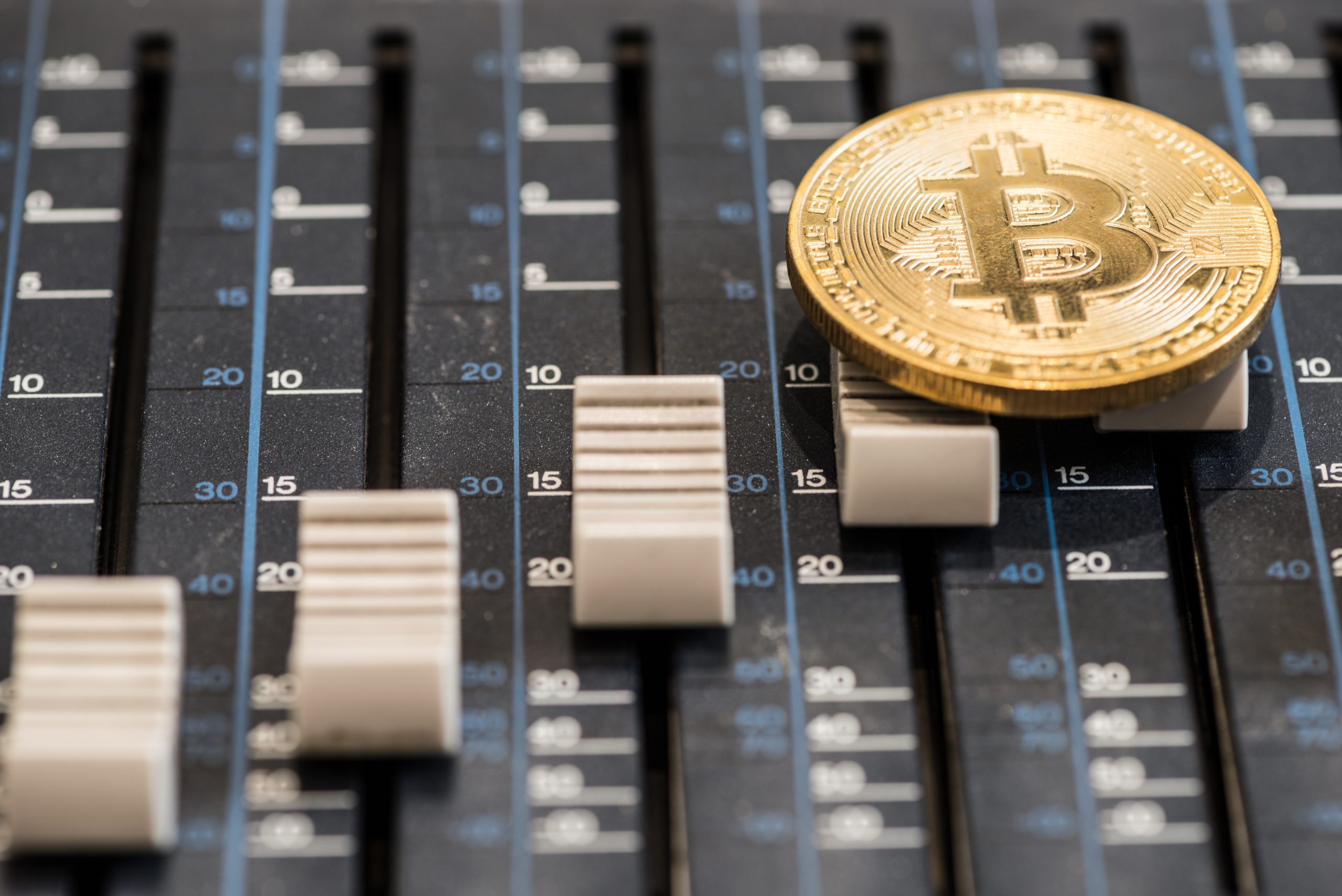A year ago it was unthinkable, today it is a reality with Bitcoin: NFTs, memecoins, games and recently also blockchain-generated music. With one developed on the Ordinals protocol Music engine crypto enthusiasts can create new songs. In the self-test, it is noticeable that the music is still limited to 8-bit tonalities, so the charts cannot be stormed for the time being.
That from the pseudonymous developer Ratoshi created Protocol serves as a supplement to text-based role-playing game Descent into Darkness, which also runs on the Bitcoin blockchain. The developer created the sound using the artificial intelligence ChatGPT and integrated it into the blockchain application. Such on-chain apps have been around for longer, for example than playable version of Doom.
Bitcoin and Smart Contracts: An odd pair
The music on Bitcoin is possible thanks to an innovative development within the Ordinals. Instead of the technology used so far, so-called “recursive inscriptions” can communicate with other inscriptions. This allows data already in the blockchain to be retrieved, similar to smart contracts on Ethereum. This allows developers to bypass the four-megabyte block storage limit—and avoid data congestion.
A second advantage: low transaction costs. This allows developers to work cost-effectively on the main network without having to rely on Layer 2 solutions. So far, Bitcoin music has been well received by most users. critic questioning however, the meaning of the technology: “Satoshi [Nakamoto] would have a heart attack.”
Ordinals cause data congestion in the blockchain
In May, a bitcoin transaction cost now $30. Reason for the associated high network utilization: Bitcoin NFTs. The hype surrounding the Ordinals protocol generated immense activity on the network. Bitcoin therefore recorded more transactions – around 682,000 – in a single day than ever before. A milestone in the more than 14-year history.
The Ordinals protocol is viewed critically in Bitcoin Maxi circles. Proof of Work is originally a system that is actually supposed to prevent spam. The argument goes that the blockchain is still being “cluttered” with random data packages that have little to do with financial transactions. On the other hand: Doesn’t an open protocol like Bitcoin have to bite the bullet and also allow non-financial transactions?
It remains to be seen to what extent the new music application will hit the nerve of the Bitcoin community. Finally, the dispute over ordinals reignited the block size debate—and thus the blocksize war.
The latest issues of BTC-ECHO Magazine
You might also be interested in this
